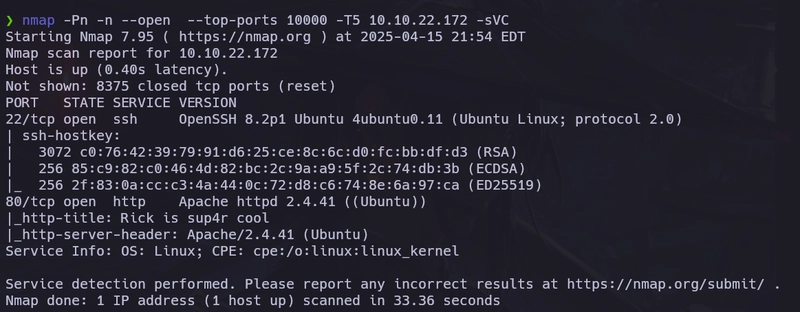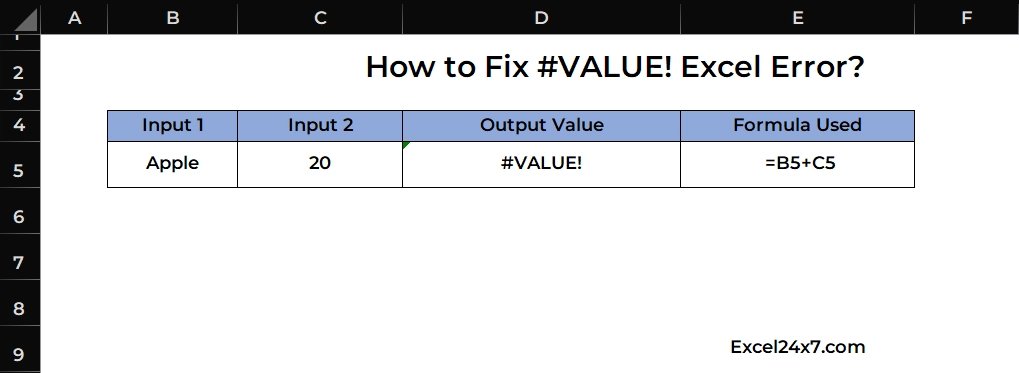Day-25: Constructor
*constructors * Constructors are like normal methods within the class but are used to initialize the object of the class. In Java, every time the new keyword is used to create an object, at least one constructor is called Types of Constructors ** Default constructor: These constructors do not accept any parameters. Parameterized constructor: These constructors accept a specific number of parameters. ** Creating Constructors Here are some rules for creating constructors: Constructors always have same name as their class name. Constructors cannot be declared as abstract, static, final, and synchronized. Constructors do not have any explicit return types. Creating a Default Constructor Here, the Tree class has a default constructor named Tree() with no parameters. When the instance of the class is created in main(), the constructor is called. class Tree { // Creating a default constructor Tree() { System.out.println("Tree is created"); } public static void main(String args[]) { Tree t = new Tree(); // Calling a default constructor } } // Output: Tree is created Creating a Parameterized Constructor Here, the Employee class has a parameterized constructor which takes parameters int i and string n respectively. These values are passed while creating an instance of class in main(). class Employee { int id; String name; // Creating a parameterized constructor Employee(int i, String n) { id = i; name = n; System.out.println(id + " " + name); } public static void main(String args[]) { Employee e = new Employee(110, "Ashish"); // Creating objects and passing values } } // Output: 110 Ashish Reference link: https://www.codecademy.com/resources/docs/java/constructors

*constructors *
Constructors are like normal methods within the class but are used to initialize the object of the class.
In Java, every time the new keyword is used to create an object, at least one constructor is called
Types of Constructors
** Default constructor: These constructors do not accept any parameters.
Parameterized constructor: These constructors accept a specific number of parameters.
**
Creating Constructors
Here are some rules for creating constructors:
Constructors always have same name as their class name.
Constructors cannot be declared as abstract, static, final, and synchronized.
Constructors do not have any explicit return types.
Creating a Default Constructor
Here, the Tree class has a default constructor named Tree() with no parameters. When the instance of the class is created in main(), the constructor is called.
class Tree {
// Creating a default constructor
Tree() {
System.out.println("Tree is created");
}
public static void main(String args[]) {
Tree t = new Tree(); // Calling a default constructor
}
}
// Output: Tree is created
Creating a Parameterized Constructor
Here, the Employee class has a parameterized constructor which takes parameters int i and string n respectively. These values are passed while creating an instance of class in main().
class Employee {
int id;
String name;
// Creating a parameterized constructor
Employee(int i, String n) {
id = i;
name = n;
System.out.println(id + " " + name);
}
public static void main(String args[]) {
Employee e = new Employee(110, "Ashish"); // Creating objects and passing values
}
}
// Output: 110 Ashish
Reference link:
https://www.codecademy.com/resources/docs/java/constructors










































































































































































![[The AI Show Episode 144]: ChatGPT’s New Memory, Shopify CEO’s Leaked “AI First” Memo, Google Cloud Next Releases, o3 and o4-mini Coming Soon & Llama 4’s Rocky Launch](https://www.marketingaiinstitute.com/hubfs/ep%20144%20cover.png)






































































































































































































![Blue Archive tier list [April 2025]](https://media.pocketgamer.com/artwork/na-33404-1636469504/blue-archive-screenshot-2.jpg?#)
































.png?#)









-Baldur’s-Gate-3-The-Final-Patch---An-Animated-Short-00-03-43.png?width=1920&height=1920&fit=bounds&quality=70&format=jpg&auto=webp#)




































































































































![Apple to Split Enterprise and Western Europe Roles as VP Exits [Report]](https://www.iclarified.com/images/news/97032/97032/97032-640.jpg)
![Nanoleaf Announces New Pegboard Desk Dock With Dual-Sided Lighting [Video]](https://www.iclarified.com/images/news/97030/97030/97030-640.jpg)

![Apple's Foldable iPhone May Cost Between $2100 and $2300 [Rumor]](https://www.iclarified.com/images/news/97028/97028/97028-640.jpg)






































































































































